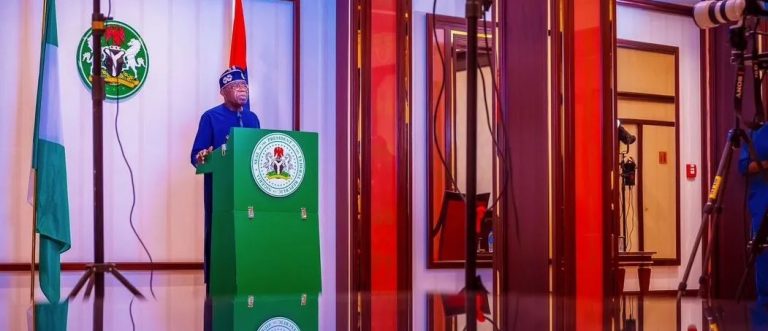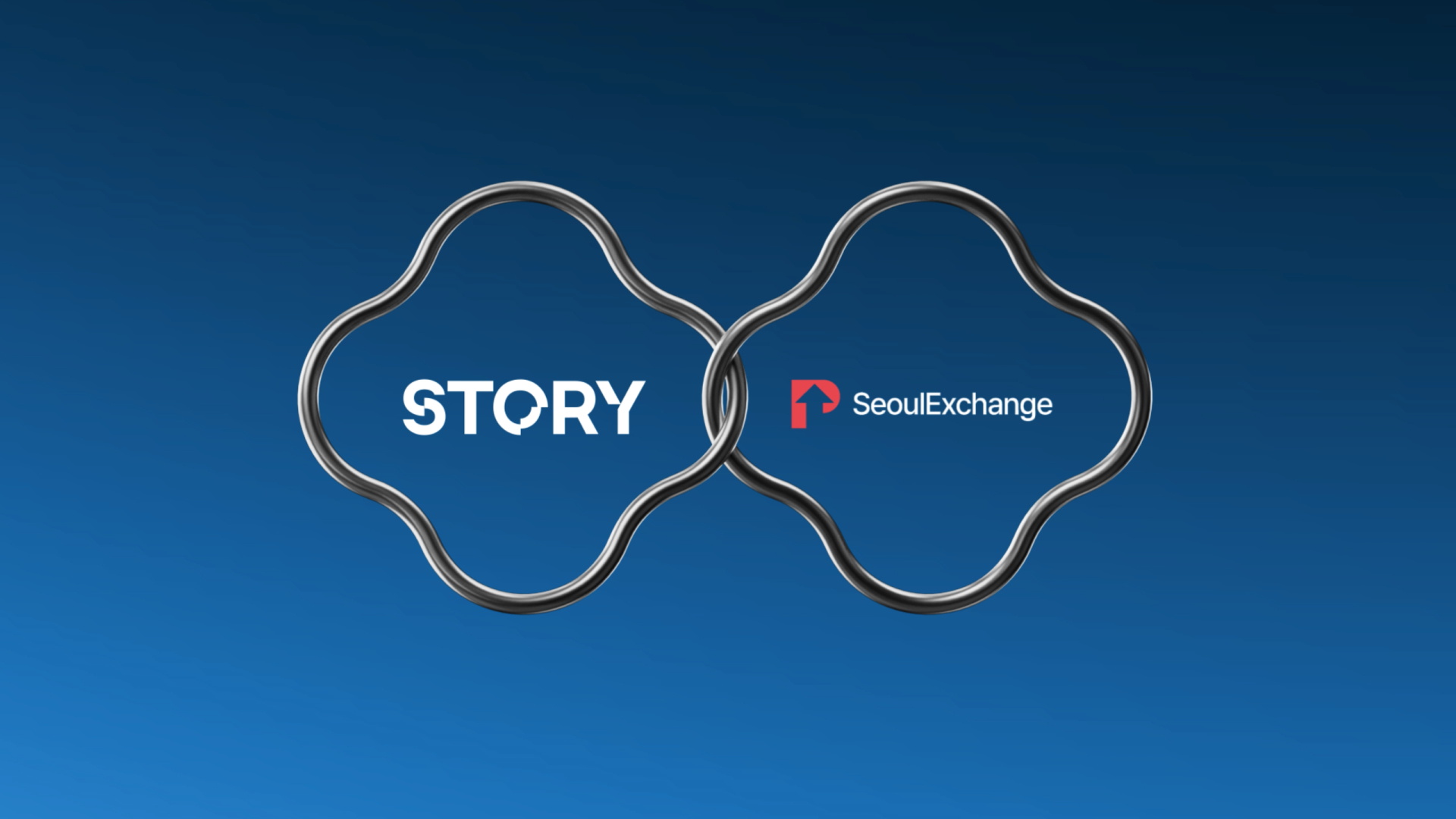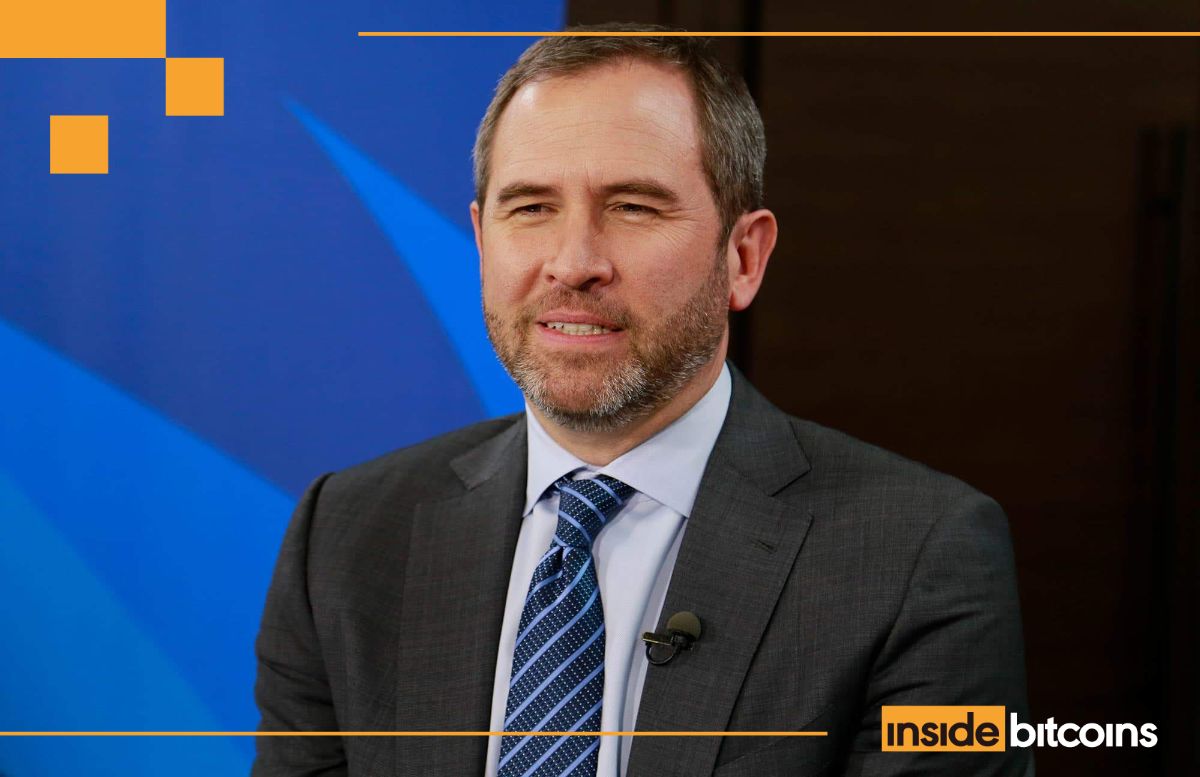Tinubu Urges Judiciary to Master Blockchain as Nigeria Softens Stance on Cryptocurrency


President Bola Ahmed Tinubu has called on Nigeria’s judiciary to deepen its understanding of blockchain technology, cryptocurrency, and other emerging digital systems, signaling what analysts see as a clear shift from the country’s previous hardline stance on crypto under the former Central Bank of Nigeria (CBN) leadership.
Speaking at the Economic and Financial Crimes Commission (EFCC)–National Judicial Institute (NJI) Workshop for Justices and Judges in Abuja, Tinubu said the sophistication of modern financial crimes requires new judicial tools and digital competence. He urged judicial officers to adapt quickly to the realities of a technology-driven financial world.
Represented by Vice President Kashim Shettima, Tinubu stated that Nigeria’s justice system must evolve to handle the complex financial offenses now being committed through digital currencies and blockchain-based platforms.
Register for Tekedia Mini-MBA edition 18 (Sep 15 – Dec 6, 2025): registration continues.
Tekedia AI in Business Masterclass opens registrations.
Join Tekedia Capital Syndicate and co-invest in great global startups.
Register for Tekedia AI Lab: From Technical Design to Deployment.
“How does one do justice in a cryptocurrency fraud case except one is grounded in such matters?” the President asked.
“Learning and relearning is no longer a buzz phrase but an essential undertaking for continued relevance in this digital age,” he said in a statement issued by his Senior Special Assistant on Media and Communications, Stanley Nkwocha.
Tinubu’s comments mark a notable shift in tone for Nigeria’s policy direction on cryptocurrency. Until recently, authorities maintained a tough stance against crypto assets, citing their use in money laundering, terrorism financing, and capital flight.

Under former CBN Governor Godwin Emefiele, the apex bank in February 2021 issued a circular directing all financial institutions to close accounts dealing in or facilitating cryptocurrency transactions. Banks were also prohibited from engaging with crypto exchanges, a move that effectively froze digital currency activities within the formal financial system.
The CBN defended the decision as a measure to protect the financial system from illicit flows, arguing that cryptocurrencies lacked intrinsic value and operated in an unregulated environment. However, the move drew heavy criticism from fintech innovators, investors, and international observers, who said it stifled innovation and isolated Nigeria from the global digital finance ecosystem.
Despite the restrictions, Nigeria quickly emerged as one of the world’s most active peer-to-peer crypto markets. Platforms like Binance saw rising activity from Nigerian users, indicating that digital currency adoption was growing beyond the reach of traditional regulation.

Analysts say Tinubu’s recent admonition to the judiciary represents a recognition of this new reality — that cryptocurrency is no longer a fringe activity, but an integral part of global finance requiring judicial literacy, regulatory clarity, and institutional adaptation.
In his address, Tinubu also warned judicial officers to uphold integrity and independence, stressing that compromise within the justice system undermines national morality.
“The moral foundation of our nation rests squarely on the integrity of its judicial system. We draw our moral distinction as a people from the judiciary, and we owe it the reverence and autonomy to remain the last sanctuary of our collective conscience,” he stated.
He assured that his administration remains committed to enhancing judges’ welfare and protecting judicial autonomy, citing recent remuneration reviews and reforms to strengthen institutional independence.
According to Tinubu, justice delivery in the digital era must be technologically driven, ethically upright, and swift enough to restore public confidence in the rule of law.
Tinubu also noted that many Nigerians are frustrated by prolonged corruption cases involving high-profile defendants, while smaller cybercrime cases are resolved with speed.
“The theme of this year’s workshop—Enhancing Justice in the Fight Against Economic and Financial Crimes—comes at a time when many Nigerians are angered by delayed adjudication in serious corruption cases,” he said.
He urged the judiciary to embrace continuous digital learning, warning that new financial crimes exploit gaps in digital literacy.
“Your vantage position on the Bench does not insulate you from the consequences of corruption,” the President warned. “There are no special roads, hospitals, or communities for judges. A Nigeria free of corruption is possible if we all commit to doing what is right.”
Broader government recognition of digital risks
Tinubu’s comments come amid renewed government interest in understanding and regulating Nigeria’s expanding digital economy. Earlier this month, Speaker of the House of Representatives Abbas Tajudeen inaugurated an ad hoc committee to assess the economic, regulatory, and security implications of cryptocurrency adoption and Point-of-Sale (POS) operations.
Speaking in Abuja, Tajudeen said the committee was formed in response to “growing concerns over fraud, cybercrime, and consumer exploitation in the digital finance space.”
The development follows ongoing efforts by the CBN and the Securities and Exchange Commission (SEC) to design a coherent regulatory framework for digital assets — one that balances innovation with investor protection.
Analysts say Tinubu’s call to the judiciary completes a triangular shift in Nigeria’s institutional approach to crypto — from prohibition under Emefiele, to cautious re-engagement under the SEC, and now to digital literacy and judicial readiness under Tinubu’s administration.





